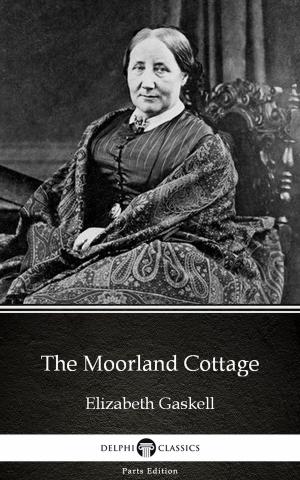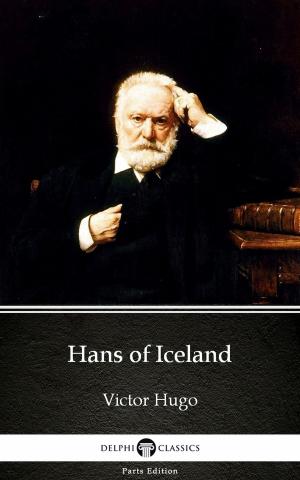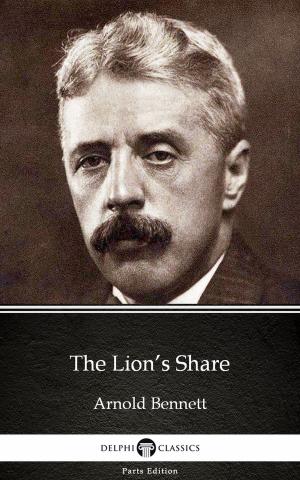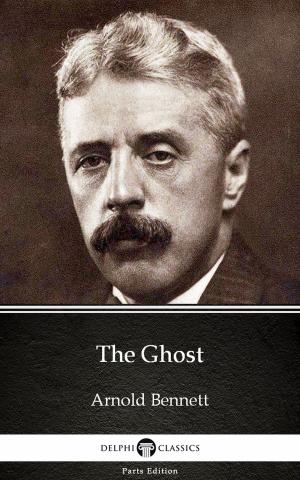| Author: | Fabian Bland | ISBN: | 6610000029082 |
| Publisher: | PublishDrive | Publication: | August 31, 2017 |
| Imprint: | Merkaba Press | Language: | English |
| Author: | Fabian Bland |
| ISBN: | 6610000029082 |
| Publisher: | PublishDrive |
| Publication: | August 31, 2017 |
| Imprint: | Merkaba Press |
| Language: | English |
TO be the son of a noble of high position, to be the heir to vast estates in a western province, and to a palace in the capital, to have large sums safely invested in foreign banks, to be surrounded by every luxury that to most men makes life worth living, to be carefully inoculated with all the most cherished beliefs of the territorial aristocracy, and as carefully guarded from all liberal influences; to be all this does not generally lead a man to be a social reformer as well. Such causes, as a rule, do not produce a very revolutionary effect. But in Russia, tyranny, officialism, and the supreme sway of ignorance and brutality, seem to have reversed all ordinary rules, and upset all ordinary calculations. There the 'gentlemen of the pavement' are nobles, with a longer lineage than the Romanoffs, and progressive views find some of their most doughty champions in the ranks of the old nobility. So Count Michael Litvinoff was not such a startling phenomenon, nor such a glaring anomaly, as he would have been in any other country. His parents died when he was about eighteen, and after their death he spent most of his time in close study of physics, philosophy, and of the 'dismal science,' as expounded by its most advanced apostles. He wrote, too, extensively, though most of his works were published in countries where the censorship was not quite so strict as in his own. When he was about twenty-five, and was deep in the heart of his great work, 'The Social Enigma,' he woke up one morning with a conviction that all his last chapters were utter nonsense, and, what was worse, he couldn't for the life of him make out what they meant even when he read them over. Bewildered and anxious, he hastened to refer the matter to a personal friend and political ally, whose answer was brief and to the point.
'Nonsense? Why, the book's as clear as daylight, and as convincing as Euclid. You've been working too hard—overdoing it altogether. Go to the South of France for a month, and lose a few roubles at Monte Carlo. It will do you good.'
Michael Litvinoff took the first part of this advice; and though he did not take the second part, he did sometimes spend an hour in watching others lose their money...
TO be the son of a noble of high position, to be the heir to vast estates in a western province, and to a palace in the capital, to have large sums safely invested in foreign banks, to be surrounded by every luxury that to most men makes life worth living, to be carefully inoculated with all the most cherished beliefs of the territorial aristocracy, and as carefully guarded from all liberal influences; to be all this does not generally lead a man to be a social reformer as well. Such causes, as a rule, do not produce a very revolutionary effect. But in Russia, tyranny, officialism, and the supreme sway of ignorance and brutality, seem to have reversed all ordinary rules, and upset all ordinary calculations. There the 'gentlemen of the pavement' are nobles, with a longer lineage than the Romanoffs, and progressive views find some of their most doughty champions in the ranks of the old nobility. So Count Michael Litvinoff was not such a startling phenomenon, nor such a glaring anomaly, as he would have been in any other country. His parents died when he was about eighteen, and after their death he spent most of his time in close study of physics, philosophy, and of the 'dismal science,' as expounded by its most advanced apostles. He wrote, too, extensively, though most of his works were published in countries where the censorship was not quite so strict as in his own. When he was about twenty-five, and was deep in the heart of his great work, 'The Social Enigma,' he woke up one morning with a conviction that all his last chapters were utter nonsense, and, what was worse, he couldn't for the life of him make out what they meant even when he read them over. Bewildered and anxious, he hastened to refer the matter to a personal friend and political ally, whose answer was brief and to the point.
'Nonsense? Why, the book's as clear as daylight, and as convincing as Euclid. You've been working too hard—overdoing it altogether. Go to the South of France for a month, and lose a few roubles at Monte Carlo. It will do you good.'
Michael Litvinoff took the first part of this advice; and though he did not take the second part, he did sometimes spend an hour in watching others lose their money...















